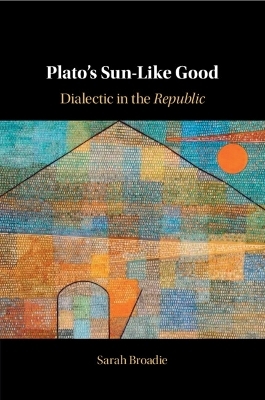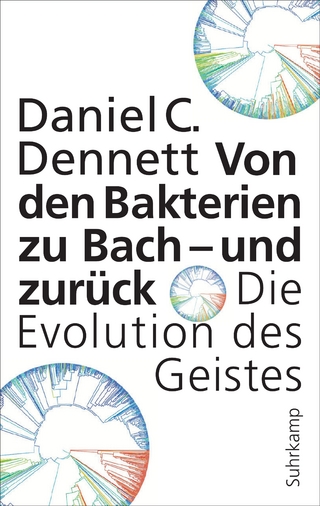
Plato's Sun-Like Good
Cambridge University Press (Verlag)
978-1-009-01640-7 (ISBN)
Plato's Sun-Like Good is a revolutionary discussion of the Republic's philosopher-rulers, their dialectic, and their relation to the form of the good. With detailed arguments Sarah Broadie explains how, if we think of the form of the good as 'interrogative', we can re-conceive those central reference-points of Platonism in down-to-earth terms without loss to our sense of Plato's philosophical greatness. The book's main aims are: first, to show how for Plato the form of the good is of practical value in a way that we can understand; secondly, to make sense of the connection he draws between dialectic and the form of the good; and thirdly, to make sense of the relationship between the form of the good and other forms while respecting the contours of the sun-good analogy and remaining faithful to the text of the Republic itself.
Sarah Broadie is Bishop Wardlaw Professor of Philosophy at the University of St Andrews. She is author of Aristotle and Beyond: Essays on Metaphysics and Ethics (Cambridge University Press, 2007) and Nature and Divinity in Plato's Timaeus (Cambridge University Press, 2011), and editor of Aristotle's Nicomachean Ethics: A Philosophical Introduction and Commentary (2002). She has published dozens of book chapters and articles on Plato and Aristotle, and was awarded an OBE in 2019 for services to classical philosophy.
Part 1. Approaching the Sun-Good Analogy: 1.1 Introductory; 1.2 The philosopher-rulers' intellectual task; 1.3 'The most important thing to learn': Between plural and singular; 1.4 What further knowledge does the longer way achieve?; Part 2. The Form of the Good and Knowledge: 2.1 Sun, cave, and sun again; 2.2 Connecting sun and line; 2.3 Higher and lower intellectual levels; 2.4 Mathematical versus dialectical hypotheses; 2.5 Saphēneia; 2.6 The form of the good as non-hypothetical principle; 2.7 Dialectic and the good: Some questions; 2.8 The role of the form of the good in dialectic; 2.9 Some objections and replies; 2.10 Textual counterevidence; 2.11 The non-hypothetical principle as first premiss?; 2.12 The form of the good as object of definition?; 2.13 Dialectic and experience; 2.14 Diagrams, dialectic, and context; 2.15 Dialectic in government; 2.16 Not rigorous enough?; 2.17 Why is dialectic cognitively superior to mathematics?; 2.18 Why are we shown so little about dialectic in the Republic?; 2.19 True philosophers versus sight-lovers; 2.20 Criteria and scope of 'good'; 2.21 Main positions of Parts 1 and 2; Part 3. The Form of the Good and Being: 3.1 Preliminaries; 3.2 First proposal; 3.3 Interim discussion of 505a2-4; 3.4 Second proposal; 3.5 Perfectionist accounts; 3.6 System accounts; Part 4. Various Further Questions: 4.1 Ambiguity of 'the good' (I); 4.2 Ambiguity of 'the good' (II); 4.3 Why the mathematical education?; 4.4 Cosmology, theology; Part 5. Winding Up.
| Erscheinungsdatum | 06.02.2023 |
|---|---|
| Zusatzinfo | Worked examples or Exercises |
| Verlagsort | Cambridge |
| Sprache | englisch |
| Maße | 152 x 229 mm |
| Gewicht | 370 g |
| Themenwelt | Geisteswissenschaften ► Philosophie ► Erkenntnistheorie / Wissenschaftstheorie |
| Geisteswissenschaften ► Philosophie ► Metaphysik / Ontologie | |
| Geisteswissenschaften ► Philosophie ► Philosophie Altertum / Antike | |
| ISBN-10 | 1-009-01640-7 / 1009016407 |
| ISBN-13 | 978-1-009-01640-7 / 9781009016407 |
| Zustand | Neuware |
| Informationen gemäß Produktsicherheitsverordnung (GPSR) | |
| Haben Sie eine Frage zum Produkt? |
aus dem Bereich
![Was heißt Denken?. Vorlesung Wintersemester 1951/52. [Was bedeutet das alles?] - Martin Heidegger](/media/113619842)

